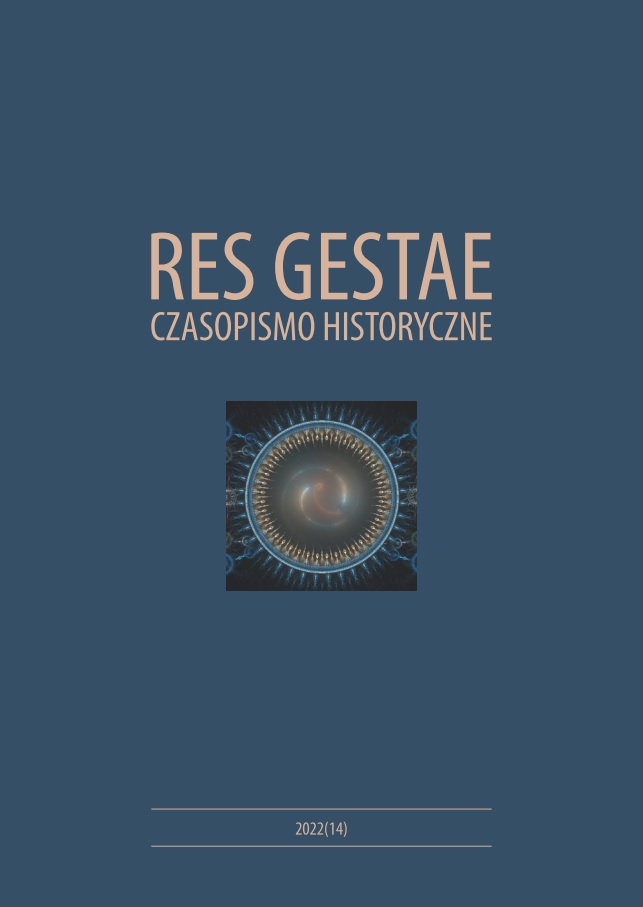Żołnierze żydowscy w armii austro-węgierskiej podczas I wojny światowej
Main Article Content
Abstrakt
The military service of Jewish soldiers during World War I caused controversies, with the term
“Jew” itself being problematic. In Austria-Hungary, a Jewish nationality was not recognized, and
the only criterium of identification was a declaration of practicing religion (Judaism). This is
not a problem for establishing the number of Jewish privates, but it disrupts the statistics of the
officer corps, where it was common to abandon Judaism. In the Austro-Hungarian Army, Jews
had the ability to acquire higher officer ranks (general), but in practice, this was only applicable
to Jews assimilated to German culture. The percentage of Jews among reserve officers was higher
than average due to their high level of education. According to data from 1910, Jews constituted
3.1% of all privates in the Austro-Hungarian monarchy. World War I took the lives of about
25,000 Austro-Hungarian Jews, i.e. about 8.3% of all followers of Judaism mobilized to the army.
This was a percentage slightly lower than for Christians, which became fodder to anti-Semitism.
Jewish soldiers showed loyalty to the state and did not engage in military rebellions in 1918. After the war, the memory of Jewish soldiers was not cultivated in the Austro-Hungarian monarchy’s successor states. In contrast to Germany, however, they were not accused of acting to undermine the empire’s military potential during World War I.
Article Details
|

